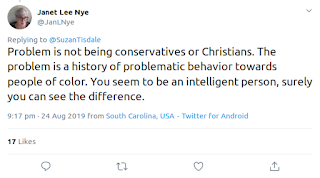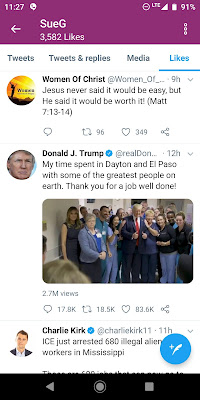From Jonathan Allan and Catherine Roach:
Call for Papers for a Special Issue of the journal Porn Studies focused on
“Popular Romance and Sexuality/Erotica”
In “Mass Market Romance: Pornography for Women is Different,” American feminist scholar Ann Barr Snitow laid the groundwork for what has become something of a perpetual debate: is the romance genre pornography? For nearly fifty years, scholars, commentators, authors, publishers, and readers have debated this question, and truth be told, after fifty years, opinions are divided and there is no clear consensus. In particular, some feminist scholars favour the relationship while others dismiss it as pejorative. This Call for Papers is interested not in answering the “is it or isn’t it” question but in thinking creatively about affinities between “porn studies” and “popular romance studies.” What fruitful relationship exists between these two fields of inquiry?
To this end, the Call for Paper seeks new approaches to an old and often antagonistic question. What if instead of comparing romance novels to pornography, the relationship was about the similar ways both genres are scrutinized, dismissed, and controlled? For instance, it is very common for concerns to exist about the potential harms of pornography to the viewer and society. Strikingly, the 1970 Report of the Commission on Obscenity and Pornography includes lengthy discussions of pulp fictions, such as love stories with sexual content alongside the visual medium. The history of American censorship debates can be written alongside the history of popular romance novels. In 1973, Miller v. California appears only months after the first blockbuster romance The Flame and the Flower (1972). During the 1960s, newsstands became sites of potential crime. In 2024, “obscenity” debates have returned in the context of book banning, library wars, and battles over school sex ed curricula. Age verification for pornography is becoming normalized in various jurisdictions. How might these moves affect popular fiction, especially erotic fiction and popular romance? It is not difficult to imagine age verification as a requirement for access to sexually explicit fiction or queer romance—or indeed to texts that challenge heteronormativity, patriarchy, or white Christian nationalism.
More details can be found here. The closing date is 1 December 2024.


















